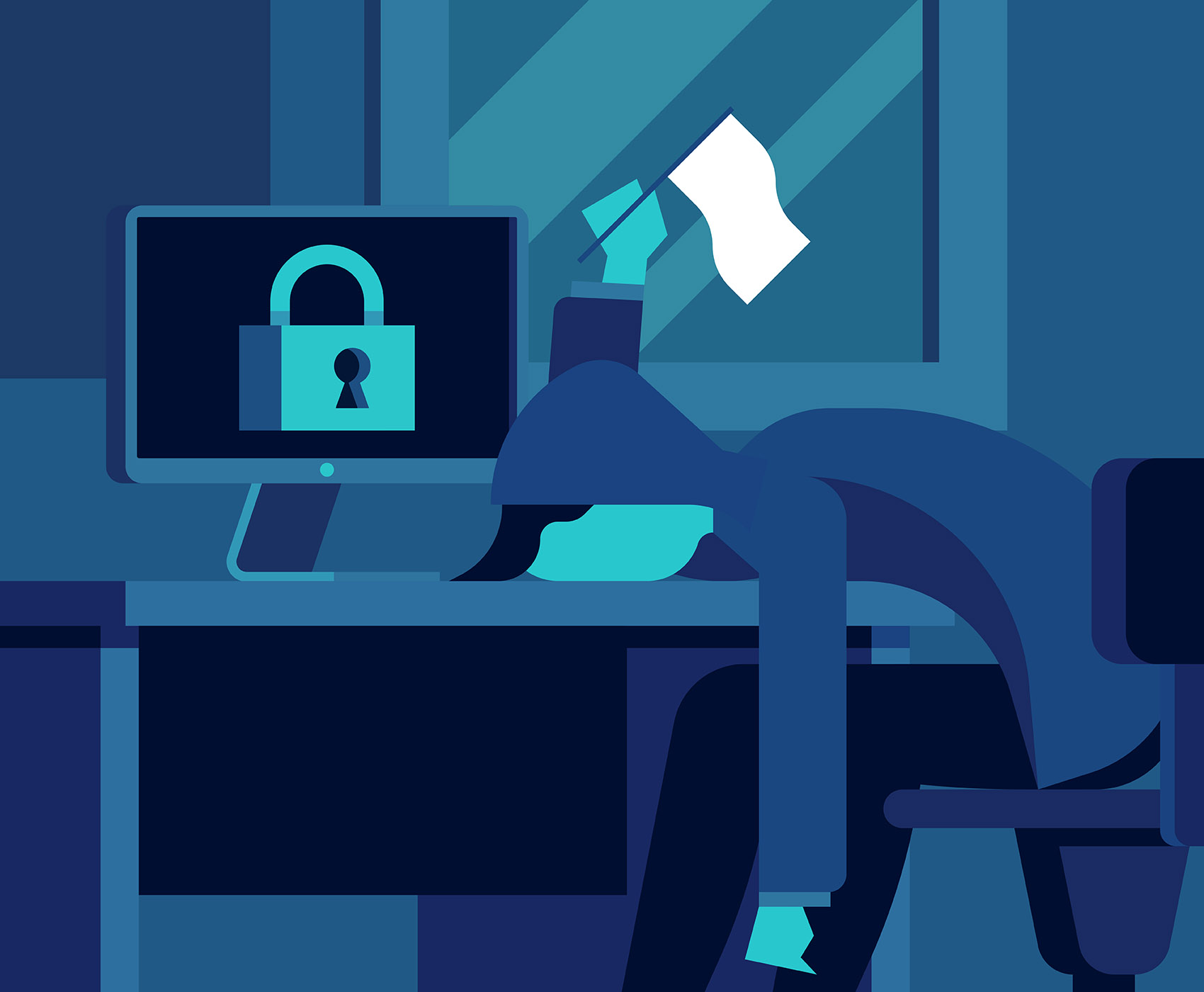As technology advances, so do the methods of cybercrime.
One of the most dangerous forms of cyber attacks is the Distributed Denial of Service (DDoS) attack, which can be launched through an IP booter.
An IP booter is a tool used to launch DDoS attacks against websites, servers, or other internet-connected devices. These attacks aim to overwhelm the target’s network with a large volume of traffic, making the system unavailable to legitimate users.
An IP booter can be used by anyone, regardless of their technical knowledge, by renting time on a server that is used to launch the attack. In this blog post, we will explain what an IP booter is, how it works, and how you can protect yourself from its malicious use.

What is an IP Booter?
An IP booter, also known as an IP stresser, is a tool used to launch a type of cyber attack called a Distributed Denial of Service (DDoS) attack.
The purpose of a DDoS attack is to make a website, server, or other internet-connected devices unavailable to its intended users. This is done by flooding the target’s network with a large volume of traffic, which overwhelms the system and causes it to become unresponsive.
IP booters are typically online services that allow users to rent time on their servers and use them to launch DDoS attacks against a target of their choice. The user provides the target’s IP address and pays a fee to the booter service. The service then coordinates the attack using a network of compromised computers known as botnets or other resources.
These attacks are illegal and can have serious consequences, including fines and imprisonment. They can be used for various purposes, such as extorting money from website owners, disrupting online services, or simply causing chaos and disruption. It is important to note that using an IP booter to launch a DDoS attack is a criminal offence and can lead to severe legal consequences.
If your system is slowing down sometimes even though you do not understand the reason, it may be the reason explained here. Click to see the top 10 booter list.
What is the purpose of an IP booter?
Distributed Denial-of-Service (DDoS) is a type of attack. The purpose of this attack is to slow down your access to network systems. Sometimes it is blocking your access to some systems, websites, and applications.
There is a load your network can handle. Most of the time, IP Booter attacks are carried out by sending a larger payload than this payload to this network.
How Does an IP Booter Work?
An IP booter works by coordinating the use of a network of compromised computers, also known as botnets. These computers have been infected with malware, allowing the attacker to control them remotely.
When a DDoS attack is launched, the botnets are used to send a high volume of traffic to the target’s network, causing it to become unresponsive.

How to Make Your Own IP Booter
It is important to note that creating and using an IP booter is illegal and can result in serious consequences.
In addition to being a criminal offence, it can also expose you to the risk of being infected with malware or being scammed by a fake IP booter service.
- The attacker sets the source IP address of the request to the DNS resolver as the destination IP address.
- For the sent request to be large, arguments such as “ANY” are used and DNS resolvers that forward them are detected. These requests are made with UDP packets.
- The attacker creates a UDP package using the botnet. It makes requests to DNS resolvers with UDP packets.
- Against the sent request, DNS resolvers respond to the IP address of the target.
- Although the destination does not send requests, it receives a response from the DNS resolvers.
- The incoming request is rejected because it is overloaded and bulky, slowing down the network.
Traffic is generated on your network, similar to how many vehicles generate traffic on the road. Therefore, although your internet is fast on some sites, you do your transactions very slowly.
The target is exposed to answers that are not known where they came from. The system automatically responds to the request in large sizes because the incoming request is prepared for this.
Protecting Yourself from IP Booter Attacks
If you are concerned about the possibility of an IP booter attack, there are several steps you can take to protect yourself. One of the most effective measures is to use a DDoS protection service, which can detect and block malicious traffic before it reaches your network.
Another important step is to keep your software and systems up-to-date, as many DDoS attacks exploit known vulnerabilities in outdated software. You should also use strong passwords and enable two-factor authentication wherever possible to prevent unauthorized access to your accounts.

Are IP stressers illegal?
Yes, IP stressers (also known as booters) are illegal in most countries. These services are designed to launch distributed denial of service (DDoS) attacks on websites, servers, or other internet-connected devices, which can result in the disruption or even shutdown of the targeted system.
Using an IP stresser to launch a DDoS attack can cause significant harm to the targeted system and can also have a broader impact on internet infrastructure and the users who rely on it. In many cases, the use of IP stressers is a violation of both criminal and civil laws, including laws related to computer fraud, cybercrime, and internet abuse.
It is important to note that the legality of IP stressers can vary depending on the jurisdiction and the specific circumstances of their use. However, as a general rule, using an IP stresser to launch a DDoS attack is considered a serious offence and can result in severe legal and financial consequences.
Can you track IP booters?
In general, it is possible to track IP booters, but it can be challenging to do so because these services are often designed to conceal the identities of their users.
Law enforcement agencies and internet service providers (ISPs) may be able to track the IP addresses associated with booter services and use this information to identify individuals who have used the service to launch DDoS attacks. However, this process can be complicated by factors such as the use of anonymous payment methods or the use of proxy servers and virtual private networks (VPNs) to mask the user’s true location.
It is worth noting that attempting to track down booter users or other cyber criminals can be a time-consuming and resource-intensive process, and the success of such efforts may depend on a range of factors, including the level of sophistication of the attacker and the resources available to law enforcement and other investigators.
In any case, the use of IP booters to launch DDoS attacks is illegal and can result in serious legal and financial consequences, regardless of whether the perpetrator is ultimately identified and prosecuted.
Conclusion
In conclusion, an IP booter is a dangerous tool used to launch DDoS attacks that can cause significant damage to websites, servers, and other internet-connected devices.
It is important to understand the risks associated with IP booters and take steps to protect yourself from their malicious use. By staying informed and taking proactive measures, you can minimize the risk of falling victim to these attacks and safeguard your online presence.

I am Adeyemi Adetilewa, an SEO Specialist helping online businesses grow through content creation and proven SEO strategies. Proficient in WordPress CMS, Technical Site Audits, Search Engine Optimization, Keyword Research, and Technical Writing (Portfolio).
I help brands share unique and impactful stories through the use of public relations, advertising, and online marketing. My work has been featured in the Huffington Post, Thrive Global, Addicted2Success, Hackernoon, The Good Men Project, and other publications.

